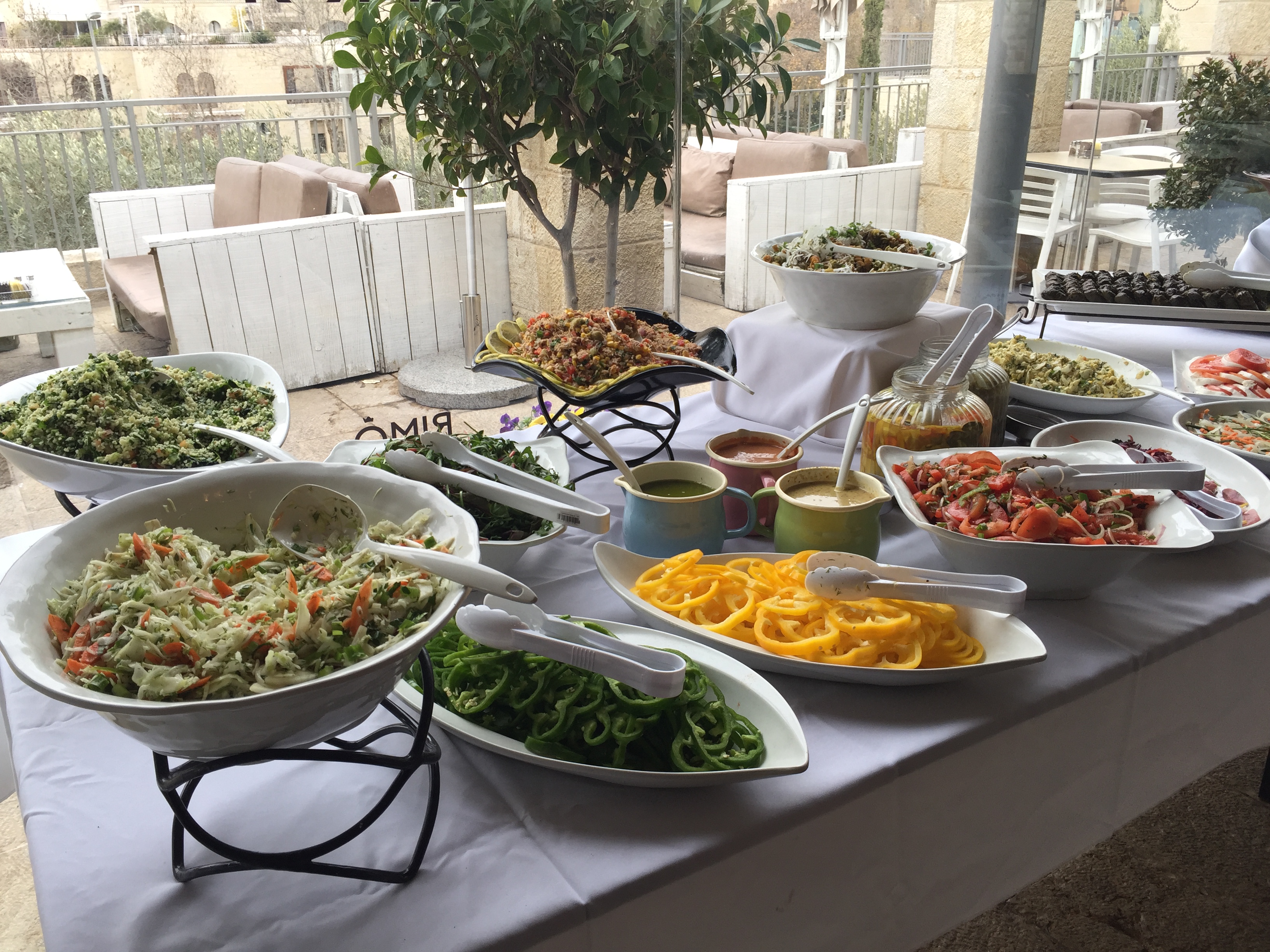
17 Nov 2016 Parshas Vayeira: An Abundance of Blessings
 In this week’s parsha, Parshas Vayeira, we continue to journey with Avraham Avinu through his life tests. The myriad of topics delineated in this week’s parsha include: The visit of three angels to the tent of Avraham, along with the blessing that a child will be born to Sarah; Avraham’s prayers for the wicked sinners of Sodom and Amorah; the destruction of those cities; Lot’s relationship with this two daughters; the sending away of Hagar and Yishmael; and the Akeidas Yitzchak – the supreme test of the Binding of Isaac.
In this week’s parsha, Parshas Vayeira, we continue to journey with Avraham Avinu through his life tests. The myriad of topics delineated in this week’s parsha include: The visit of three angels to the tent of Avraham, along with the blessing that a child will be born to Sarah; Avraham’s prayers for the wicked sinners of Sodom and Amorah; the destruction of those cities; Lot’s relationship with this two daughters; the sending away of Hagar and Yishmael; and the Akeidas Yitzchak – the supreme test of the Binding of Isaac.
What a parsha! What a life our first patriarch, and his אשת חיל, Sarah, had. And yet, never one to give up faith, Avraham carried on, dutifully fulfilling ratzon Hashem, the will of G-d, come what may.
He was a man of faith who was G-d-fearing, a man of תמימות (purity), and a man of alacrity for mitzvos.
And he was the epitome of chessed, the ba’al chessed par excellence.
The parsha opens as Avraham, who is recovering from his bris milah at the age of ninety-nine years old, welcomes three men (angels in the garb of men) to his tent and treats them to water, rest and a sumptuous feast.
Later in the parsha, the pasuk tells us of Avraham, the master ba’al chessed: וַיִּטַּע אֶשֶׁל, בִּבְאֵר שָׁבַע – And Avraham planted an אֶשֶׁל in Be’er Sheva, and there he proclaimed the Name of Hashem, the G-d of the world (Bereishis 21:33).
What is the אֶשֶׁל that he planted? Rashi (ibid) quotes the Sages who teach it was either an orchard, from which to bring fruit for his guests, or it was an inn for lodging, and in it he served all sorts of food. Furthermore, “and he proclaimed the Name of Hashem” there. Rashi notes that after his guests would eat and drink, he would say to them, “Bless Him of Whose you have eaten. Do you think that you have eaten of what is mine? You have eaten from He Who spoke and created the world!”
Rashi on the Gemara (Sotah 10a) offers an alternative explanation for אֶשֶׁל. He explains that it is an acronym for: אכילה שתיה לויה – שהיה מאכילן ומשקן ואח”כ מלווה אותן – Food, drink and accompaniment. For he would gives his guests to eat and drink, and afterwards, he would accompany them (on their way).
When it came to taking care of his guests, Avraham Avinu took care of it all! He gave them food and drink, he reminded them to offer thanks to Hashem for their meal, he provided lodging and rest, and then he accompanied his guests on their way.
The Vilna Gaon offers a beautiful interpretation of the acronym of אֶשֶׁל = אכילה שתיה לויה. The Gaon teaches that Avraham wanted to rectify, with the planting of his “אֶשֶׁל”, the errors of previous sins. Adam ha’rishon, the first man, sinned with regard to אכילה – when he ate from the עץ הדעת (Forbidden Fruit of the Tree of Knowledge); Noach brought curse and debasement upon himself with שתיה, drink, when he planted a vineyard post-flood and became drunk in his tent; and the wicked people of Sodom sinned with לויה, by keeping all guests away from their homes.
Came Avraham Avinu, the bechinas chessed, the father of the Umah Yisraelis, and established an אֶשֶׁל – to be מתקן (rectify) previous sins.
As opposed to sinning with food, drink and accompaniment of guests, the Jew elevates himself by taking the physicality of this world and making it holy. This is the way of Avraham, and this must be our way, as we follow his path and emulate his deeds.
R’ Naftali of Ropshitz’s wife was extremely frugal, but exceptionally devout. When she davened, she was transported into another world.
The rebbetzin would put the bare minimum of schmaltz into the kugel. R’ Naftali’s entreaties to increase the amount of schmaltz in the kugel went unheeded.
One Friday, when the rebbetzin was davening, R’ Naftali removed the keys from her apron pockets, unlocked the pantry and put several spoonfuls of schmaltz into the kugel. He then returned the keys, while the rebbetzin remained completely oblivious to what had transpired.
Shabbos morning, when she served the kugel, the rebbetzin said, “See! You always criticize me for not putting enough schmaltz into the kugel. But look at the Divine blessing. The kugel is dripping with schmaltz!”
R’ Naftali nodded, “It is indeed a Divine blessing,” he said. “We merited this blessing by virtue of deine tefillos un meine maasim tovim – your fervent davening and my good deeds!”
Through our elevating the mundanities of this world – food and drink – into mitzvos and chessed to serve fellow man, thereby serving Hashem, may we merit Divine blessing and an abundance of brachos… וְאַבְרָהָם זָקֵן, בָּא בַּיָּמִים – And Avraham was old, coming on in years, וה׳ ברך את אברהם בכל, and Hashem blessed Avraham with all (Bereishis 24:1).
בברכת בשורות טובות ושבת שלום,
Michal



Devorah
Posted at 09:47h, 17 NovemberAmen!!!